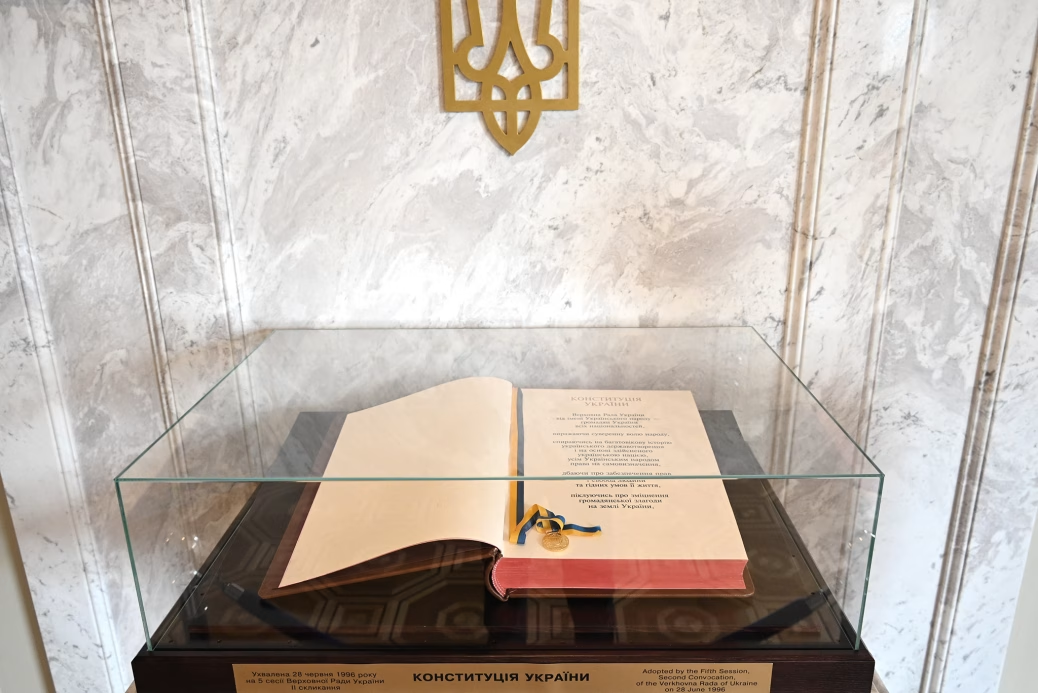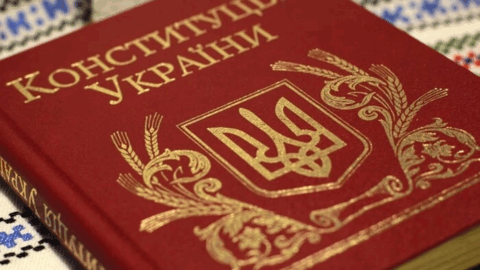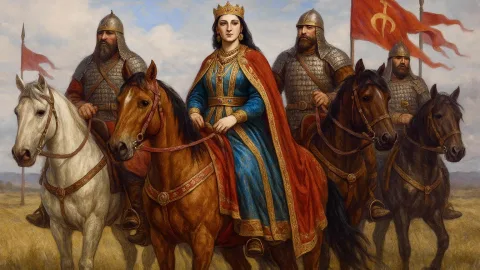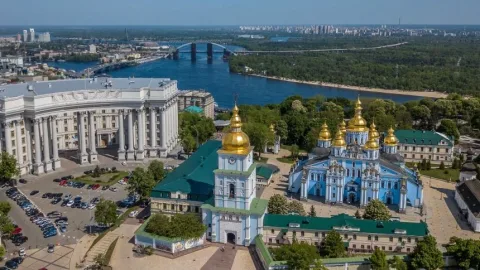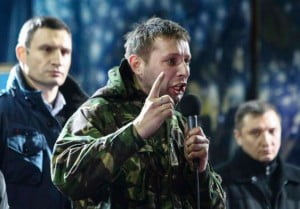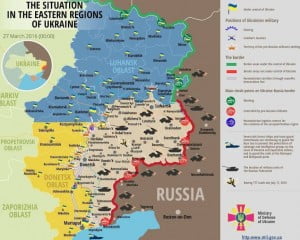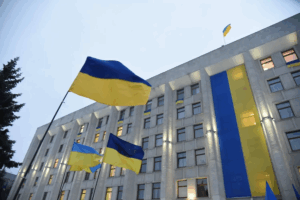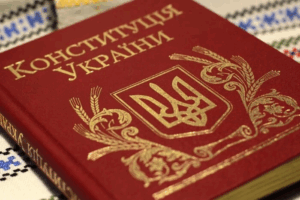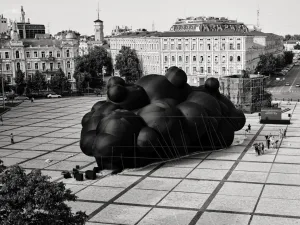Fewer and fewer remain in their right minds who know how Ukraine’s Constitution was created and, most importantly, why it was crafted the way it is.
So listen, dear boys and girls, I will tell you how it really was.
It’s almost impossible to believe, but in those ancient, dark yet romantic times — at the end of the last century — Ukraine had a completely different system of government.
You could become a member of Parliament without money: all you needed was to find those willing to support you, speak at a few rallies, distribute a few thousand leaflets, because a pure majoritarian system was in place — and you were already under the dome.
But to achieve that, you needed to have education, a successful biography, the ability to persuade people, and your own vision for the future of Ukraine.
Back then, members of Parliament weren’t paid thousands of dollars each month in envelopes, of course there were certain perks, but that wasn’t the essence or purpose of being a deputy.
The essence was to build a country where people could live better than in the USSR.
On the other hand, entry into the executive branch wasn’t possible straight from the street either. Again, relevant work experience, authority, and genuine professionalism were required.
Therefore, during those times, there were many colorful personalities in power, with various well-argued viewpoints on the country’s development strategy.
There were heated debates, both public and behind closed doors.
The Verkhovna Rada wasn’t a department under the Office of Internal Policy of the President; it staunchly opposed the President of Ukraine.
And the Cabinet of Ministers wasn’t just another department under the President’s Office handling budgetary allocation.
In other words, the President of Ukraine with his office (administration), the Verkhovna Rada with its deputies, and the Cabinet of Ministers with its officials were independent real centers of power that were constantly competing with each other.
And the Constitutional Treaty as the first step, and then the Constitution of Ukraine, were needed primarily to regulate this competition between the existing branches of power and not to tear the country apart.
In other words, it was necessary to fix the political situation and the balance of forces and powers that existed in 1996.
Accordingly, the Constitution enshrines, for example, two centers of executive power-the president and the government-as they existed at the time, although one would have been enough. And there are more such rudiments in the Constitution than necessary.
And since the Rada was full of political romantics who sincerely believed that the proclaimed independence would itself give a tremendous boost to the economy, they included in the text of the Constitution many provisions that were advantages of the Soviet system – free healthcare, education, social guarantees – for which there was no money either then or now.
It is precisely because of this political naivety that the Constitution of Ukraine has virtually no liability for its violation: it was simply declared a law of direct effect, and that was it. And no mechanisms for punishing violations were prescribed, because if they were, the Constitution would not look so democratic (how can the Constitution be violated – it is sacred?!).
And it is this irresponsibility of our government for its actions and inaction, which has spread from the Constitution to the law, that is one of the main deterrents to real Ukrainian democracy.
As a result, we have one of the best constitutional texts in the world. But it does not work and is constantly violated, first by those in power, and then by all citizens.
Because citizens do not consider it theirs, they did not actually participate in its creation – it was an internal affair of the political elites of the time.
This wonderful example of political romanticism has outlived its usefulness.
The war finally finished it off – constitutional freedoms were abandoned, the constitutional duty to defend the country turned into coercion and violence.
The new Basic Law should retain the maximum possible rights, freedoms and social guarantees for Ukrainian citizens, but simplify the system of government and add strict mechanisms to ensure these rights, freedoms and guarantees.
So our fantastic Constitution, which is fantastic in every sense, is dead, dear boys and girls.
We all buried it together. But we cannot proclaim “Long live the new Constitution of Ukraine!” yet. Because we have outgrown the old one, and we have not yet grown to the new one.
Tags: History history of ukraine Ukraine ukraine history
